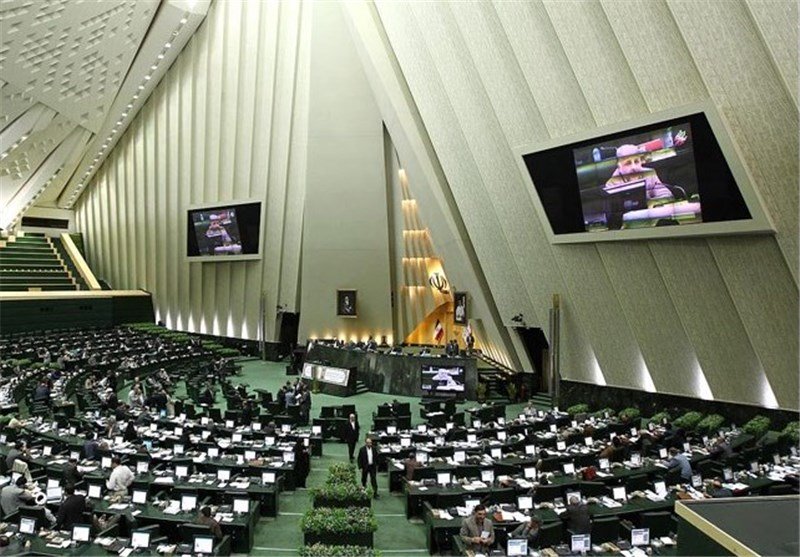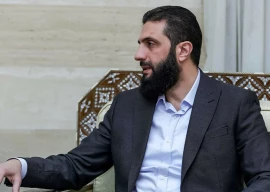
The measure was met by anger from President Hassan Rouhani's government, with a spokesman saying the draft law was unconstitutional as it contravened the country's defence and security policies.
The bill's adoption reflects tension between Rouhani, a moderate who aims to end Iran's diplomatic isolation, and a conservative-dominated legislature, where hardliners often dispute the worth of negotiations with the West.
Read: Iran nuclear talks snag on access to military sites
The bill, which still has to be signed into law by Iran's Guardian Council, says the government must "preserve the country's nuclear rights and achievements" and states that lawmakers have to approve any deal that may be struck with the West.
Some 214 lawmakers out of 244 present supported it, with 10 against, six abstentions and the remainder not voting.
The vote came as hard bargaining over a final deal, due by June 30, was intensified by Britain and France, who reiterated that comprehensive inspections of Iran's nuclear facilities are essential compliance measures.
Read: Obama defends Iran nuclear talks on Israeli TV
The bill allows inspections of nuclear sites but not military or sensitive non-nuclear establishments -- a stipulation likely to alarm Western powers given their longstanding suspicion that Iran seeks to develop an atomic bomb.
Rouhani's spokesman, Mohammad Bagher Nobakht, said: "This bill contradicts article 176 of the constitution. The issue of negotiations is in the sphere of the Supreme National Security Council... not the government or the parliament."
His comments came despite the bill being watered down on Sunday, with the task of supervising a nuclear deal being given to the SNSC, a committee ultimately controlled by Iran's supreme leader Ayatollah Ali Khamenei.
Parliament had wanted the right to have oversight on any nuclear agreement.
Read: Six powers agree way to restore UN sanctions in push for Iran deal: sources
Iran and the P5+1 powers -- Britain, China, France, Russia and the United States plus Germany -- agreed the outlines of the nuclear deal on April 2 after intensive talks went past a March 31 deadline.
But roadblocks remain on both the details of the agreement and opposition to its measures from both US and Iranian lawmakers.
In a measure similar to that taken in Tehran, President Barack Obama has given US lawmakers 30 days to review any nuclear deal.
Obama, a Democrat, has faced persistent opposition to his outreach to Iran from Congress, which is controlled by Republicans, who by their right of review may try to block an agreement.
The speaker of Iran's parliament, Ali Larijani, however has said its lawmakers will not stand in the way of any deal that Khamenei, who has the last word on all matters foreign and domestic, says is in Iran's interests.
Iran has for years been faced with UN, EU and US sanctions that have ravaged its economy. A nuclear deal would lift them, though the timing of their removal remains in dispute.
Iran denies its nuclear programme has military objectives, insisting it is for purely peaceful energy development.
















1734778885-0/Untitled-(10)1734778885-0-270x192.webp)






COMMENTS
Comments are moderated and generally will be posted if they are on-topic and not abusive.
For more information, please see our Comments FAQ